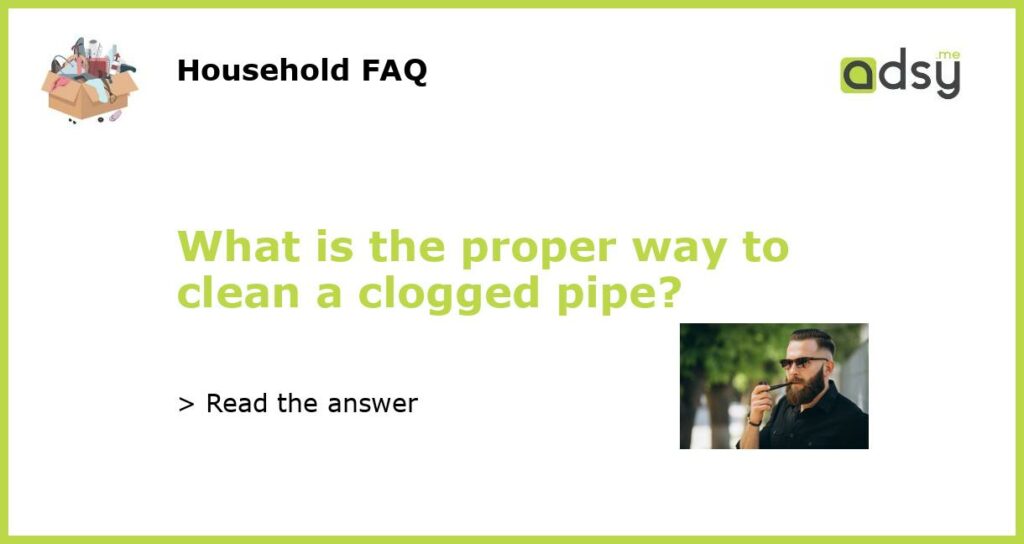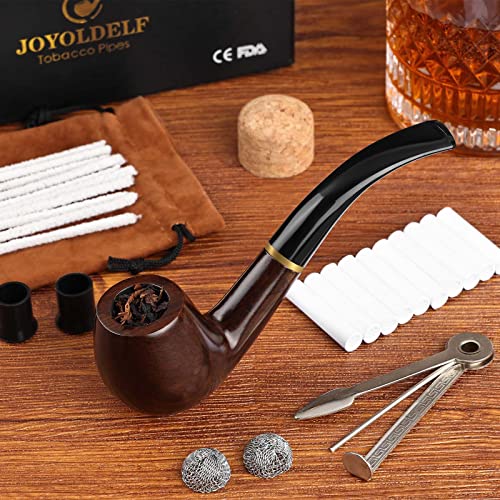Understanding the Problem: What Causes a Clogged Pipe?
A clogged pipe can be a major nuisance, causing slow drainage or even complete blockage of water or waste flow. Understanding the causes of clogged pipes is the first step towards finding the proper way to clean them.
Pipes can become clogged due to a variety of reasons:
- Buildup of grease and fat: When cooking oil, grease, and fat are poured down the drain, they can solidify and create blockages in the pipes.
- Hair and soap residue: In bathroom drains, hair and soap residue can accumulate over time and lead to clogs.
- Foreign objects: Small objects, such as toys or jewelry, can accidentally fall into drains and obstruct the flow of water.
- Tree roots: In outdoor pipes, tree roots can grow towards sources of water and eventually penetrate the pipes, causing blockages.
- Mineral deposits: In areas with hard water, mineral deposits can build up inside the pipes and restrict water flow.
Do-It-Yourself Methods to Unclog Pipes
If you have a minor clog, there are several do-it-yourself methods you can try before calling a professional plumber:
- Hot water and dish soap: Pouring boiling water mixed with a few tablespoons of dish soap down the drain can sometimes dissolve greasy clogs.
- Plunger: Using a plunger can be effective for unclogging toilets, sinks, and showers. Ensure that there is enough water in the fixture to create a seal for the plunger.
- Baking soda and vinegar: Mixing baking soda and vinegar creates a foaming reaction that can help break down minor clogs. Pour the mixture down the drain and let it sit for a few hours before flushing with hot water.
- Wire hanger: Straightening a wire hanger and using it to fish for hair or other debris in the drain can sometimes dislodge the clog.
- Chemical drain cleaners: While not recommended as a first option, chemical drain cleaners can be used as a last resort. Follow the instructions carefully and use them with caution, as they can be harmful to both humans and pipes.
Professional Help: When to Call a Plumber
If the clog persists or if you are unable to unclog the pipe using the above methods, it may be time to call a professional plumber. A professional plumber has the necessary tools and expertise to tackle more stubborn clogs and prevent further damage to the pipes.
Some signs that indicate the need for professional help include:
- Multiple clogged drains: If more than one drain in your home is clogged, it could indicate a larger issue with the main sewer line.
- Recurring clogs: If you find yourself frequently dealing with clogged pipes, there may be an underlying problem that needs to be addressed.
- Foul smells: Persistent foul smells coming from the drains could be a sign of a clog or a sewer backup.
- Slow drainage: If water is draining slowly or not at all, it could indicate a clog that requires professional intervention.
- Noises or gurgling sounds: Unusual noises or gurgling sounds coming from the pipes may indicate a blockage or a venting issue.
Preventive Maintenance to Avoid Clogs
Preventive maintenance is key to avoiding clogged pipes in the first place. By following these tips, you can reduce the risk of clogs and maintain the proper functioning of your plumbing system:
- Dispose of grease properly: Instead of pouring grease down the drain, let it cool and dispose of it in the trash.
- Use drain covers: Install drain covers or screens in the shower and bathroom sink to catch hair and other debris before they enter the drains.
- Flush only toilet paper: Avoid flushing anything other than toilet paper down the toilet, as items like wet wipes and sanitary products can cause clogs.
- Regularly clean drains: Regularly flush drains with hot water to prevent the buildup of residue and flush out any potential clogs before they become major issues.
- Have your plumbing inspected: Periodically have a professional plumber inspect your plumbing system to identify and address any potential problems before they lead to clogs.
Conclusion: The Proper Way to Clean a Clogged Pipe
Cleaning a clogged pipe involves understanding the underlying cause of the clog, attempting do-it-yourself methods, and knowing when to call a professional plumber. By following preventive maintenance practices and being mindful of what goes down your drains, you can minimize the risk of clogs and maintain the proper functioning of your plumbing system. Remember, prevention is key, but when clogs do occur, it is important to address them promptly to prevent further damage and ensure the longevity of your pipes.






